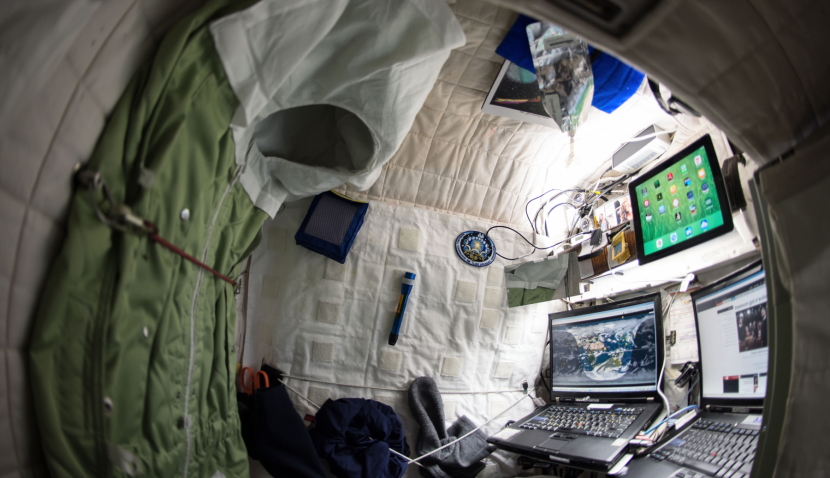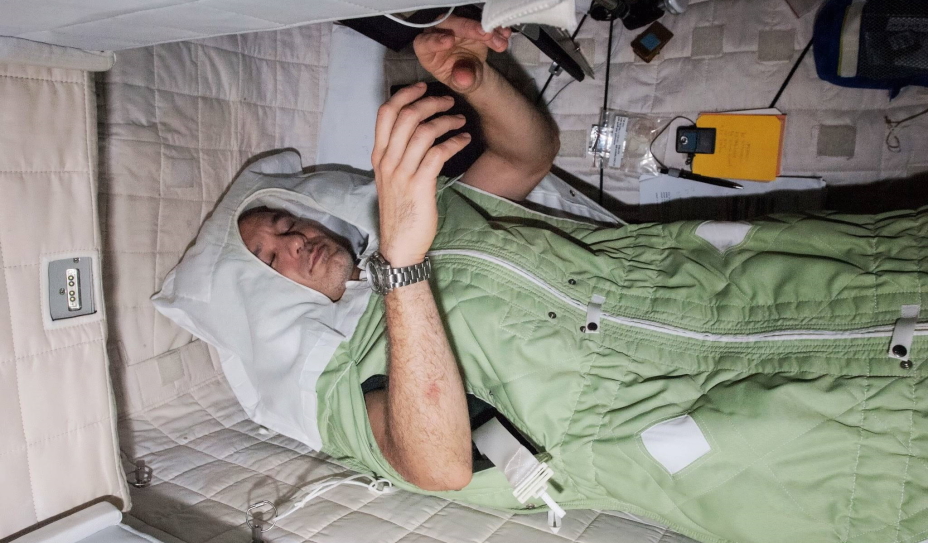
How Comfortably Astronauts Sleep In Space
Imagine being asleep in the International Space Station when a loud alarm goes off. You’re startled awake, and you have to find your way out of the space station as quickly as possible before it explodes.
Let’s face it, astronauts don’t sleep well in space. Not only is there no gravity, but their heads are floating around everywhere, making them feel like they are spinning all night long. And then there’s also the problem of noise coming from other people on board that can distract or interrupt their sleep entirely.

Getting to sleep in space is hard
In the history of space exploration, astronauts have come a long way in figuring out how to sleep comfortably. From sleeping on their backs with pillows and mattresses, which you can learn more about on Mattress, to using water beds that simulate Earth’s gravity, there are now many options for getting some shuteye while floating around in zero gravity. The latest innovation is NASA’s new Sleep Kit, including a collapsible hammock-like bed and an inflatable air mattress. Astronauts can also enjoy watching movies from their tablet or laptop inside the Space Station.

Do astronauts sleep better in space?
Did you know astronauts sleep better in space? This is because they have less gravity pulling them down to the bed. They also get a higher quality of sleep than Earth due to the lack of disruptions such as street lights, traffic, and noises. There is also no need for an alarm clock since there are 24-hour cycles that regulate their activity levels. It can take up to two weeks for your body’s natural rhythms to adjust, though, which means that initially, you may not be able to fall asleep or remain asleep at night. Astronauts often report feeling more rested and refreshed after just one week in space! So if you’ve ever wondered how those brave men and women spend their time when they’re not launching into orbit or conducting experiments.
It’s well known that astronauts sleep in space for eight hours a day, but how do they fare without gravity? The answer is surprisingly similar to life on Earth. They have the same amount of REM and deep sleep as all other humans. In addition, NASA found that their average sleep quality was only 3% less than when they were back home.
